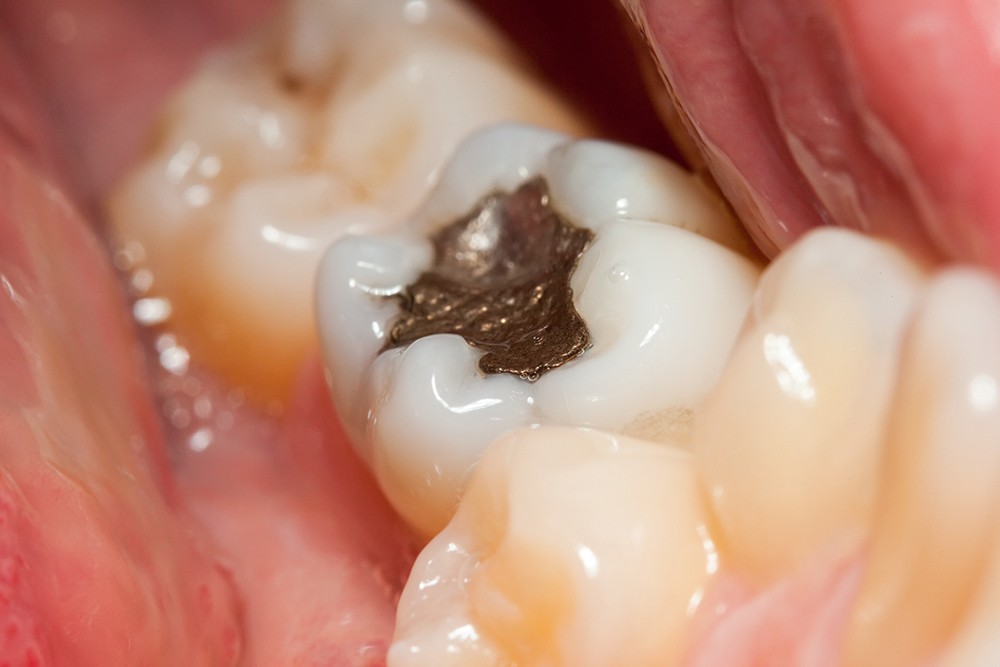Blog
Dental hygiene tips for healthy teeth & gums

All You Need to Know About Cracked Tooth Syndrome
A cracked tooth is often seen commonly in patients suffering from poor oral health. Teeth with Cracked Tooth Syndrome usually have fractures that are difficult to diagnose with the help of X-rays or naked eyes. Sometimes, a fracture below the gumline makes it even more difficult to identify. The most commonly spotted areas where Cracked Tooth Syndrome occurs is molars, usually lower molars that absorb most of the forces of chewing. People grinding or clenching their teeth are more susceptible to cracked tooth syndrome. Similarly, teeth that have undergone root canal treatment are weaker than other teeth and are more likely to crack.
How Do You Identify a Cracked Tooth?
Cracked tooth is often intermittent pain that occurs in the tooth while biting or chewing. The tooth may be painful on eating certain types of food or while biting in a specific way. It may become worse on eating sugary foods as sugar promotes tooth pain on entering the tooth crack. This tooth may be sensitive to cold temperatures. People with cracked tooth syndrome have symptoms for months but they can’t be diagnosed since they are not consistent.
The diagnosis starts with a thorough examination of your mouth and teeth. X-rays are also taken but they may not display the crack. The treatment, however, depends on how deep and large the crack is. Sometimes it affects only cusps of a tooth which are the highest points of tooth. Tooth may be fixed or crown. Sometimes cracks affect the pulp which is the centre of the tooth. Here lies the nerves and blood vessels. In this case, tooth might need a root canal. You may feel pain after the treatment, however, it may not be as frequent.
How to Prevent Cracked Tooth Syndrome
If you are aware that you grind your teeth, your dentist can make a night guard to wear at night to relieve the pain from grinding. For some patients, it stops grinding. It can be worn at other times during the day, if clenching or grinding is an issue.
Our dentist will prescribe you with options, whether it is a crown, root canal or extraction. He will possibly be able to prevent issues with a night guard. The treatment, however, is not always successful. Some people continue to have occasional symptoms and others may require it with the help of a specialist.
If you believe you are suffering from CTS and think that grinding your teeth may cause CTS, talk to our dentists today to arrange a checkup at the earliest.
Our experienced endodontists can help you. Call our office today!
Book an Appointment to find out which treatment might be best for you.
